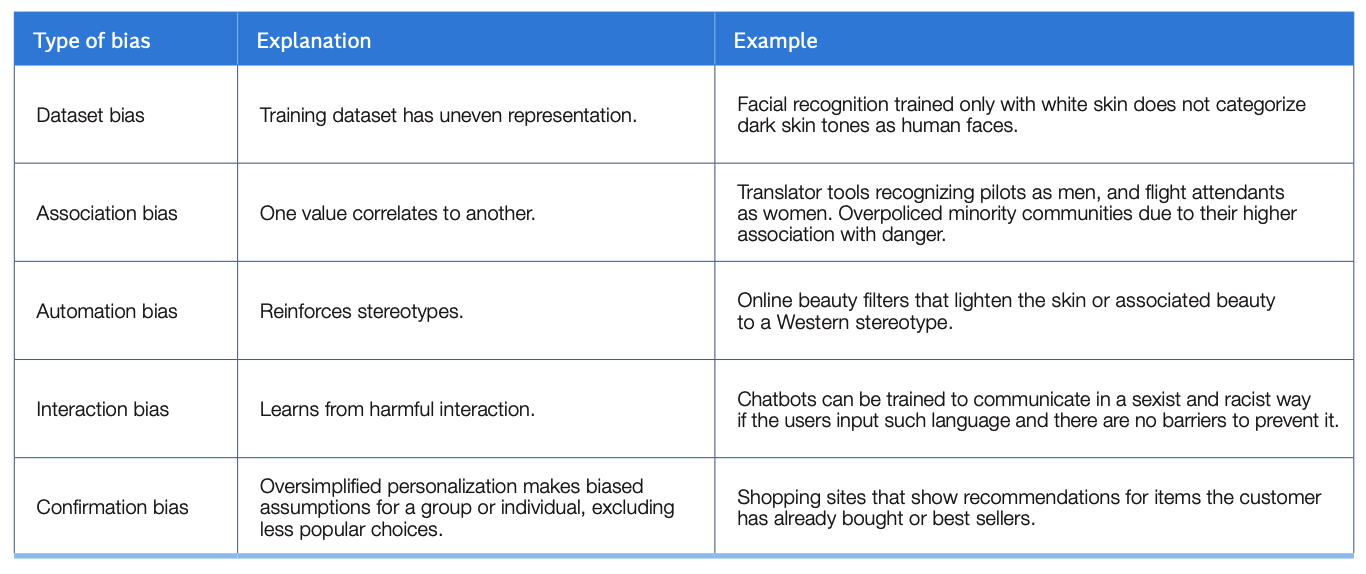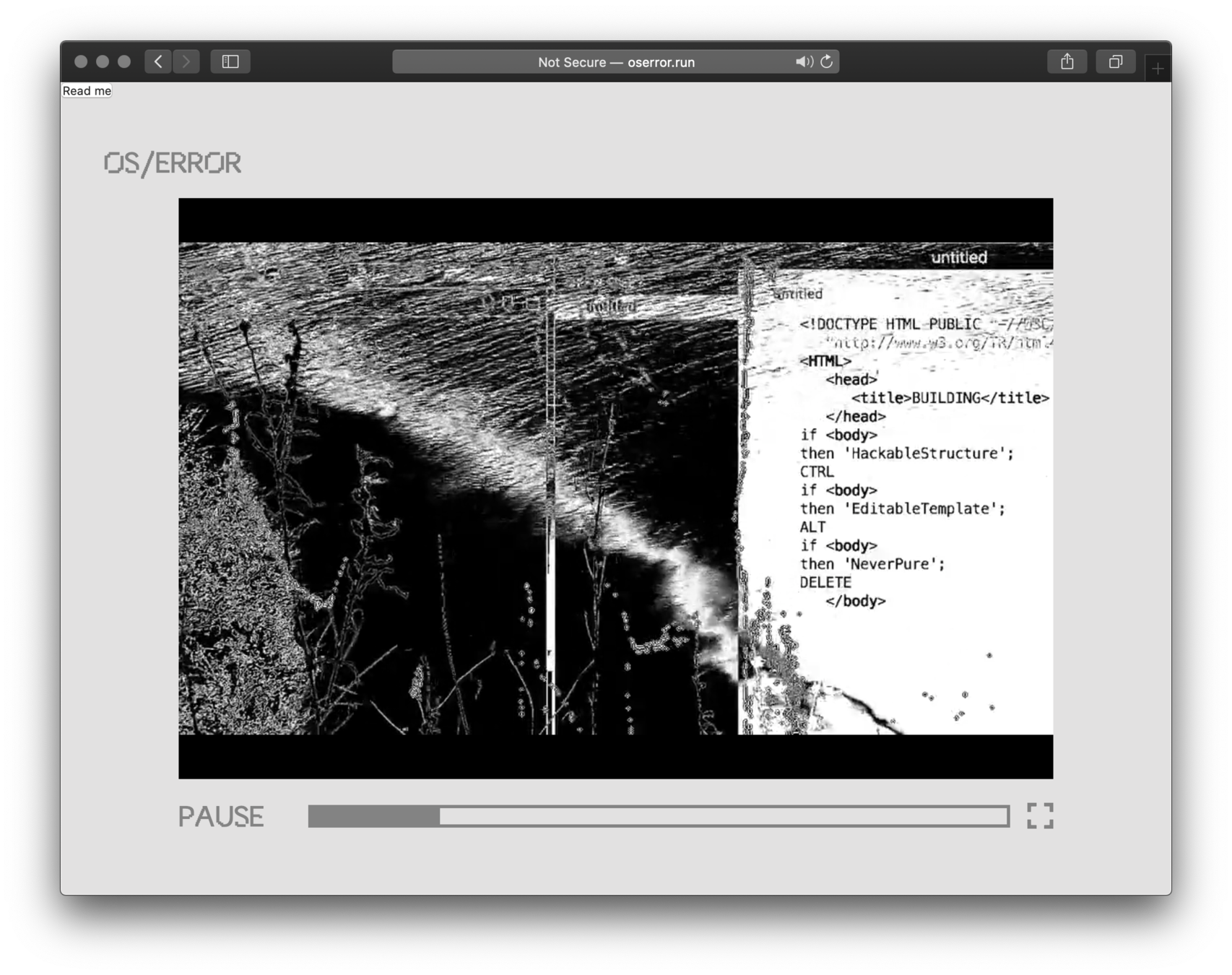Creative
Computation
for Visual
Communication
Design
WEEK 6 DAY 1
Critical
Computation
Critical Computation






Critical Computation
DIGITAL HUMANITIES
CRITICAL THEORY
SCIENCE AND TECHNOLOGY STUDIES
FEMINIST SCIENCE STUDIES
SOFTWARE STUDIES
POSTCOLONIAL TECHNOSCIENCE
FEMINIST TECHNOSCIENCE
PHILOSOPHY OF SCIENCE
Critical Code Studies
“The medium is the message. That is merely to say that the personal and social consequences of any medium — that is, of extension of ourselves — result from the new scale that is introduced into our affairs by extension of ourselves, or by any new technology.”
Marshall McLuhan

Lai Yi Ohlsen: Code Poetry
Feminist Technoscience
Wangechi Mutu (2010) Homeward Bound


RECOMMENDED READING:
Donna Haraway (1985) Cyborg Manifesto
Feminist Technoscience



WHO STUDIES AND WHAT IS STUDIED?
WHICH INVENTIONS ARE IMPORTANT?

HOW NEW TECHNOLOGIES IMPACT OUR LIVES?

WHO CAN CLAIM TO KNOW WHAT?
Standpoint Theory
-
Knowledge is socially situated.
-
Marginalized groups are socially situated in ways that make it more possible for them to be aware of things and ask questions than it is for the non-marginalized.
-
Research, particularly that focused on power relations, should begin with the lives of the marginalized
RECOMMENDED READING:
Sandra Harding (1986) The Science Question in Feminism
Algorithmic Bias
RECOMMENDED READING:
Safiya Umoja Noble: Missed Connections — What search engines say about women

Algorithmic Bias
Joy Buolamwini: How I'm fighting bias in algorithms
Algorithmic Bias

Inclusivity and Diversity

Female Computers
Melba Roy Mouton working for NASA in 1960
“[Programming is] just like planning a dinner. You have to plan ahead and schedule everything so it’s ready when you need it. Programming requires patience and the ability to handle detail. Women are ‘naturals’ at computer programming.”
Dr. Grace Hopper in Cosmopolitan Magazine, 1967


Inclusivity and Diversity


Femme & Non-binary Computing



Eevi Rutanen (2022) Fuzzy Logic
Why Critical Computation?
if(inclusivity && diversity){
for(var i=0; i<society.length; i++){
standpoints.push(society[i].standpoint);
}
understanding++;
}
else {
society.bias(race, gender, sexuality, ability, class);
standpoints.pop();
understanding--;
}

Anyone can code!
References and further reading
-
Stanford Encyclopedia of Philosophy: Feminist Epistemology and Philosophy of Science
-
Safiya Umoja Noble (2018) Algorithms of Oppression: How Search Engines Reinforce Racism
-
Mara Mills (2011) On Disability and Cybernetics: Helen Keller, Norbert Wiener, and the Hearing Glove
-
Anna Lowenhaupt Tsing (2015) Mushroom at the End of the World
-
United Nations Technology Innovation Lab: Inclusion and Diversity Report 2019
- Fanny Vainionpää et. al. (2019) "GIRLS' CHOICE - WHY WON'T THEY PICK IT?".
- Mara Mills (2011) On Disability and Cybernetics: Helen Keller, Norbert Wiener, and the Hearing Glove
- Safiya Umoja Noble: Missed Connections — What search engines say about women